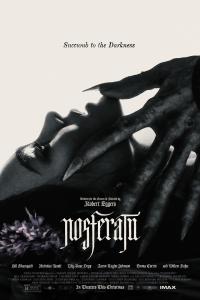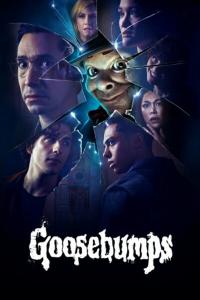Torrent details for "Anna Black - Thinking About My Man (1969) LP⭐" Log in to bookmark
Controls:
Language:
 English
EnglishTotal Size:
222.58 MB
Info Hash:
21c72e585372f497f8dfbece59393ef6b696b226
Added By:
Added:
17-06-2022 04:49
Views:
188
Health:

Seeds:
0
Leechers:
0
Completed:
64

Band: Anna Black
Album: Thinking About My Man
Release: 1969
Genre: Blue-Eyed Soul
Country: US
Quality: FLAC | lossless
Format: Vinyl, LP, Album
Tracklist:
A1. St. James Infirmary Blues - 5:40
A2. This Train - 3:09
A3. Sometimmes I Feel Like A Motherless Child - 3:30
A4. Little Bitty Bullfrog - 3:04
A5. Market Man - 2:04
B1. Thinkin' 'Bout My Man - 3:10
B2. Devil Man - 2:05
B3. 40 Years Sufferin' - 3:40
B4. Hound Dog - 3:45
B5. Death Bed Blues
Anna Black's second album for Epic, 1969'sThinking About My Man, found her working on the model of her debut, with more of an emphasis on the role of sidemen and ensemble playing. Much of this was brought about by the addition of guitar legend James Burton to her band. Although famous for his work with Ricky Nelson and Elvis Presley, Burton's playing is simpatico with the demands of the late '60s, his effect-laden guitar is never overpowering or detrimental to the songs. Burton's wah-wah guitar solo on the sprightly version of "St. James Infirmary Blues" and the gritty, fuzz-fuelled funk version of "This Train" are highlights of the album. More funk-based than her debut, Thinking relies on tightly arranged horns that recall the Stax or Muscle Shoals bands at their tightest, with a trumpet section that boasts jazz great Harry "Sweets" Edison, among others. The jacket notes make mention of Janis Joplin, whom, in just a year, had become a huge seller for Epic's mother label Columbia; yet Black brings Southern white and black music together more successfully than Joplin, who transformed her influences into something all her own. Black's delivery is more restrained -- she's no belter -- but with an earthier, funkier voice. There's less of a spotlight for her original songs this time around, although the ones she offers are strong, and work off the same horn-based soul riffs that permeate the album. Country music still gets its due, and the title track is a prime example of a song incorporating both country and soul motifs, while "Hound Dog" is reworked as a down and dirty funk groove, with a good nod to Big Mama Thornton, the song's originator (even though Burton gets a writing credit on the album).











































